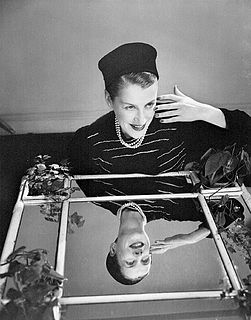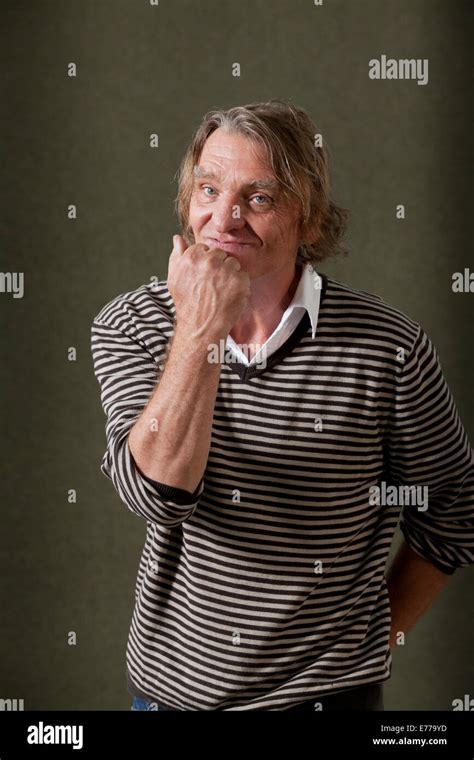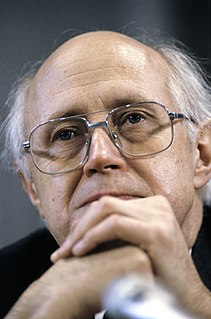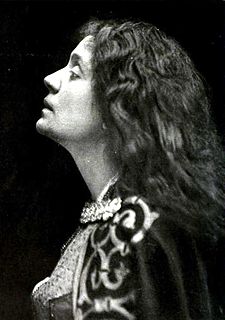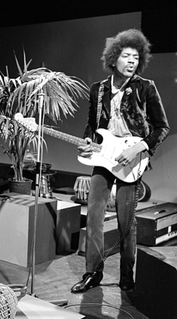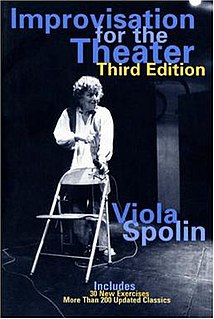A Quote by Beatrice Lillie
In the theater, I've found that, in general, reaction and laughter come easier at an evening performance, when the audience is more inclined to forget its troubles. Matinee customers must enter the theatre in a more matter-of-fact frame of mind, hanging on tightly before they let themselves go.
Related Quotes
Theatre is real-time - you get that real-time audience reaction, which is fantastic. And with art pieces, people don't ever have to explain themselves. You can do something and really follow a research. With architecture, you have to be much more public. You have to build consensus. You have to work within the law. There are more complexities.
Anarchy loves theatre. That's the whole point. People forget that. You have to laugh at the devil, not fight him. They'll always have more guns, they'll always have more bombs that go off with a bigger bang. No matter how revolting you become they'll always be willing to be more revolting to you. They've had so much more practice.
To save the theatre, the theatre must be destroyed, the actors and actresses must all die of the plague. They poison the air, they make art impossible. It is not drama that they play, but pieces for the theatre. We should return to the Greeks, play in the open air; the drama dies of stalls and boxes and evening dress, and people who come to digest their dinner.
In the theater the audience is generally riveted to a single angle of observation. The movie director, though, can rapidly shift from objective to subjective--and to any number of subjective points of view--and in so doing seem to pull the audience directly inside the frame of his picture, giving the spectator the sense of experiencing an action from the viewpoint of a participant. Identification of the viewer with the film character, then, can be much more intimate than the analogous situation in the theater.
The heroes and discoverers have found true more than was previously believed, only when they were expecting and dreaming of something more than their contemporaries dreamed of, or even themselves discovered, that is, when they were in a frame of mind fitted to behold the truth. Referred to the world's standard, they are always insane. Even savages have indirectly surmised as much.
.. I get more of a dreamy thing from the audience - it's more of a thing that you go up into. You get into such a pitch sometimes that you go up into another thing. You don't forget about the audience, but you forget about all the paranoia, that thing where you're saying, 'Oh gosh, I'm on stage - what am I going to do now ?' - Then you go into this other thing, and it turns out to be like almost like a play in certain ways
